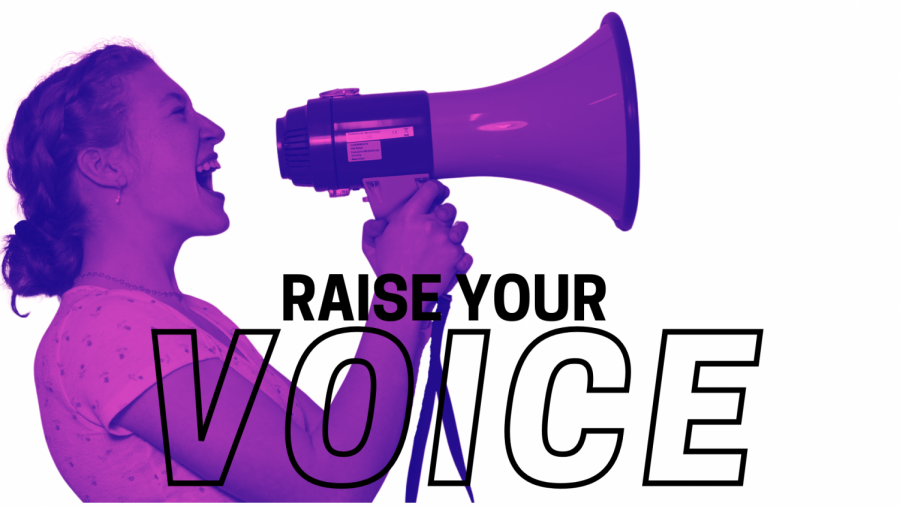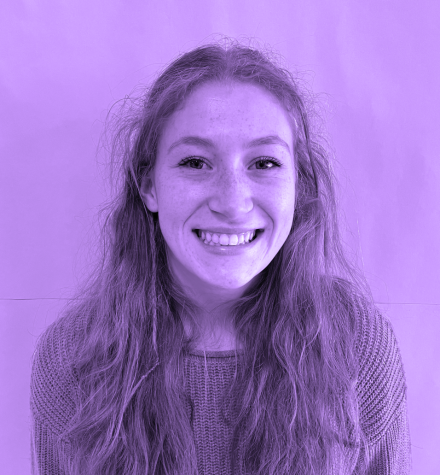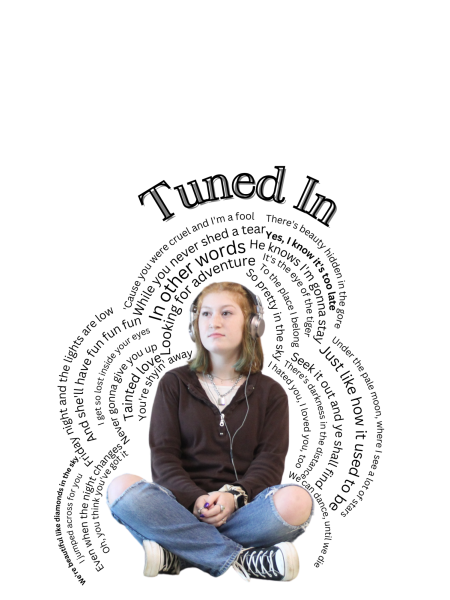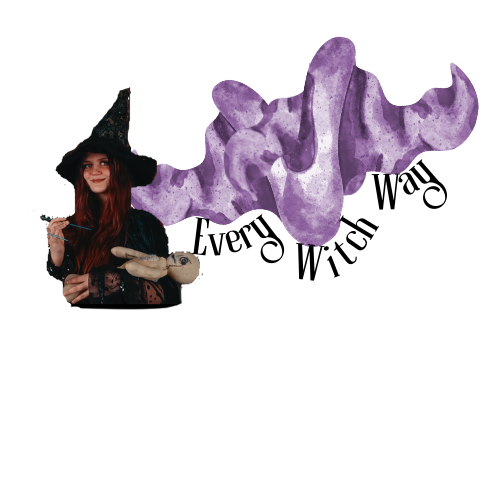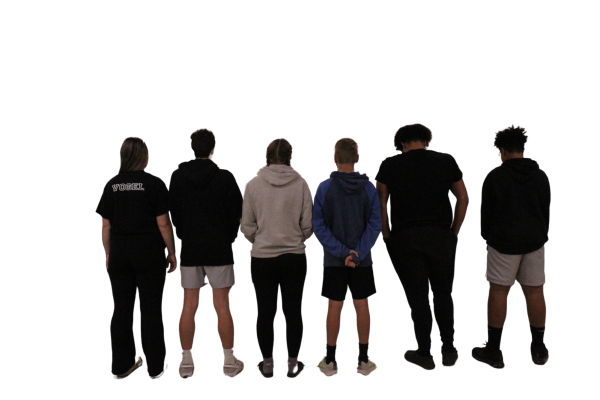“Just Breath,” it’s not that simple: generalized anxiety disorder
“What if when I am walking to my door there is someone waiting in the dark to hurt me?”
Run inside as fast as you can and park on the grass then, just to be safe.
“What if I don’t wake up my cat to make sure she isn’t dead?”
Do it now! Okay good she is okay.
“What if the dogs get out and get the chickens?”
I should check.
“Wait, what if something is already in there and I can’t hear them?”
Open the door to be sure.
“Where is my favorite rock?”
Stop everything and look for it now.
“I can’t do anything until I find it!”
Oh gosh where is it, oh no what if I threw it out?
“What if I-? What if someone took- ? What if I never-?”
This is just a small clip of what it is like to live in the perpetual cycle of Generalized Anxiety Disorder.
Everybody worries about something from time to time, an upcoming assignment, a test, a sporting event, really anything that presents itself with some uncertainty.
It also isn’t a totally bad thing, without it we wouldn’t be here. It is what kept our ancestors from getting killed by woolly mammoths or starving to death. It is what helps people survive when there is an immediate threat to their life, like in a crime show when someone is being held hostage by the villain. They tend to do one of these things: run away, fight, try to negotiate, go along with what is said or freeze out of fear.
Except, the problem is that most of the time we don’t have to worry about a crazy serial killer or starving to death because we didn’t go hunt for our food, let alone a woolly mammoth.
We still have that anxiety response though as our bodies’ alarm systems to a perceived threat which usually doesn’t cause a problem unless that alarm system is set to a crazy high alert setting that goes off constantly whether the threat is irrational or not.
Generalized anxiety can affect every aspect of your life for a much longer period of time and the worries tend to be much more irrational than your average anxiety.
That is basically what the difference between normal anxiety and an anxiety disorder is.
In a study done by Mental Health America, an increase in people with mental health conditions in 2020 was seen at an increase of about 1.5 million from last year.
This probably is not that shocking to you because of the pandemic and the lockdowns that came with it.
Except the problem is big, these numbers are the highest they have ever been.
The pandemic sped up an already occurring increase in mental health conditions in America. In fact, anxiety screenings in 2020 went up 634 percent since January.
That still doesn’t mean more people are getting treated because 10.8 percent of people with a mental illness aren’t even insured. In fact, that number actually increased for the first time ever since the Affordable Care Act was passed.
Adults aren’t the only group raising concern among professionals as children are seeing an increase in mental health conditions.
More treatment is needed for those struggling, a positive is that more people are seeking that help.
These are the main symptoms of Generalized Anxiety Disorder according to Mayo Clinic.
- Constant worrying or anxiety
- Overthinking or assuming only the worst-case scenarios
- Perceiving situations as threatening when they aren’t
- Difficulty dealing uncertainty
- Indecisiveness and/or being afraid to make the wrong decision
- Unable to ignore or let go of a worry
- Inability to relax or on edge
- Feeling like you can’t concentrate or that you can’t think
Some of the more physical symptoms
- Fatigue
- Having difficulty sleeping
- Muscle tension or aches
- Shaking or feeling “twitchy”
- Nervous or easily surprised/startled
- Sweating
- Nausea, diarrhea or irritable bowel syndrome
- Irritability
If you find yourself suffering from a multitude of these and find that they affect your life, I encourage you to reach out to someone or go here: https://www.mentalhelp.net/anxiety/hotline/ for multiple tiplines and information about what you should do.
The most important thing for you to know is that you aren’t alone and people care about you.
I care about you.
Remember that anxiety is like the tides sometimes they are super high, but eventually they lower and everything is okay for a little while.



